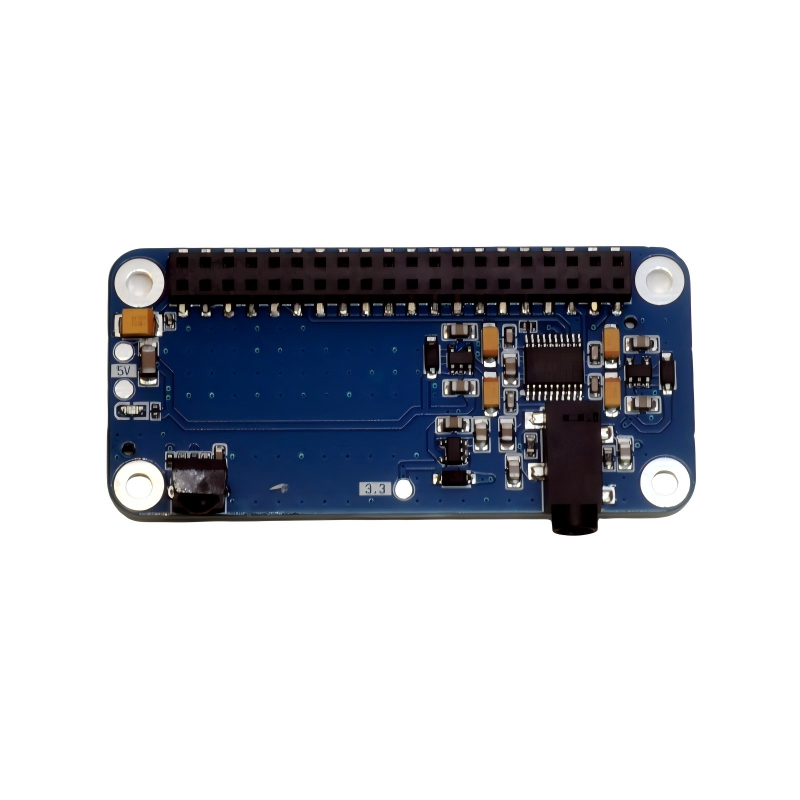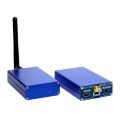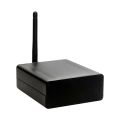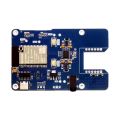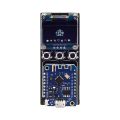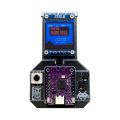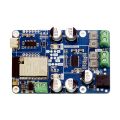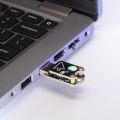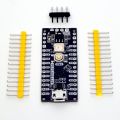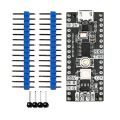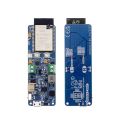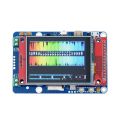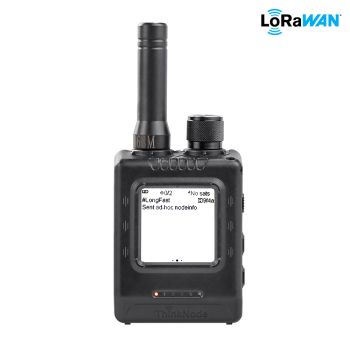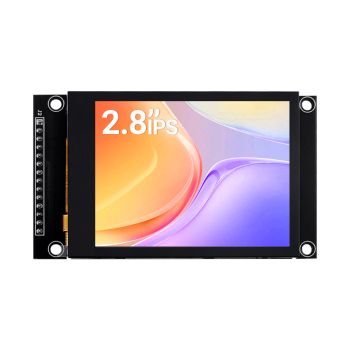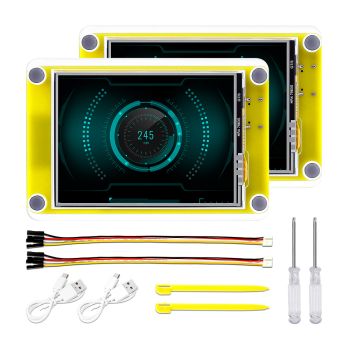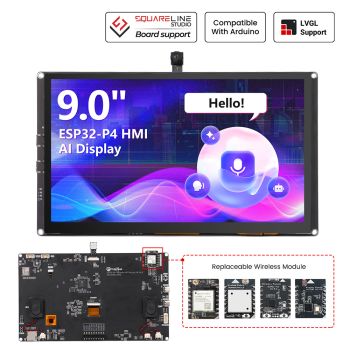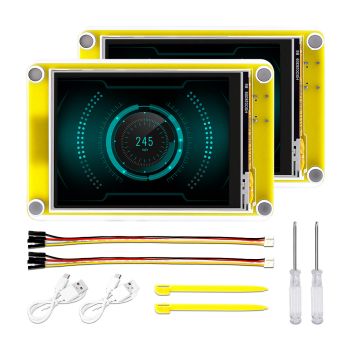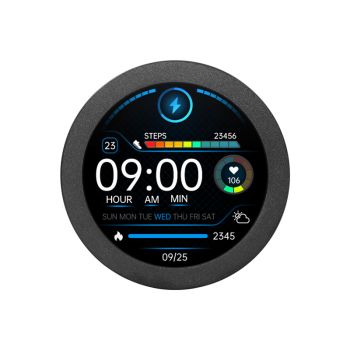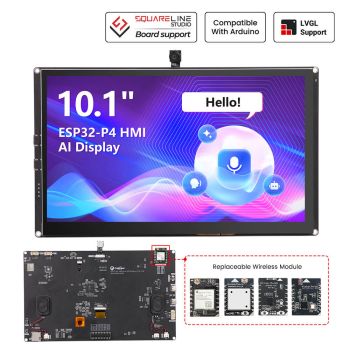HiFi Raspberry Pi Hat
- Buy 2 for $14.00 each and save 7%
- Buy 5 for $13.00 each and save 13%
- Buy 10 for $12.00 each and save 20%
What is it?
Raspberry Pi HiFi Hat is the lightweight implementation of the PCM5100A DAC and ultra-low-noise power circuitry in a Hat shape. It combines the power of the Raspberry Pi SBC and the Hi-Fi audio capabilities of TI’s best-known Hi-Fi DAC. It has two flavors: 1X is a traditional DAC that works with any Raspberry Pi out there, while 2X is specifically designed for Raspberry Pi 5 and implements two stereo DACs, which Raspberry Pi 5 users can use independently. Using two of them, you can have up to 4 stereo outputs, totaling 8 channels of audio.
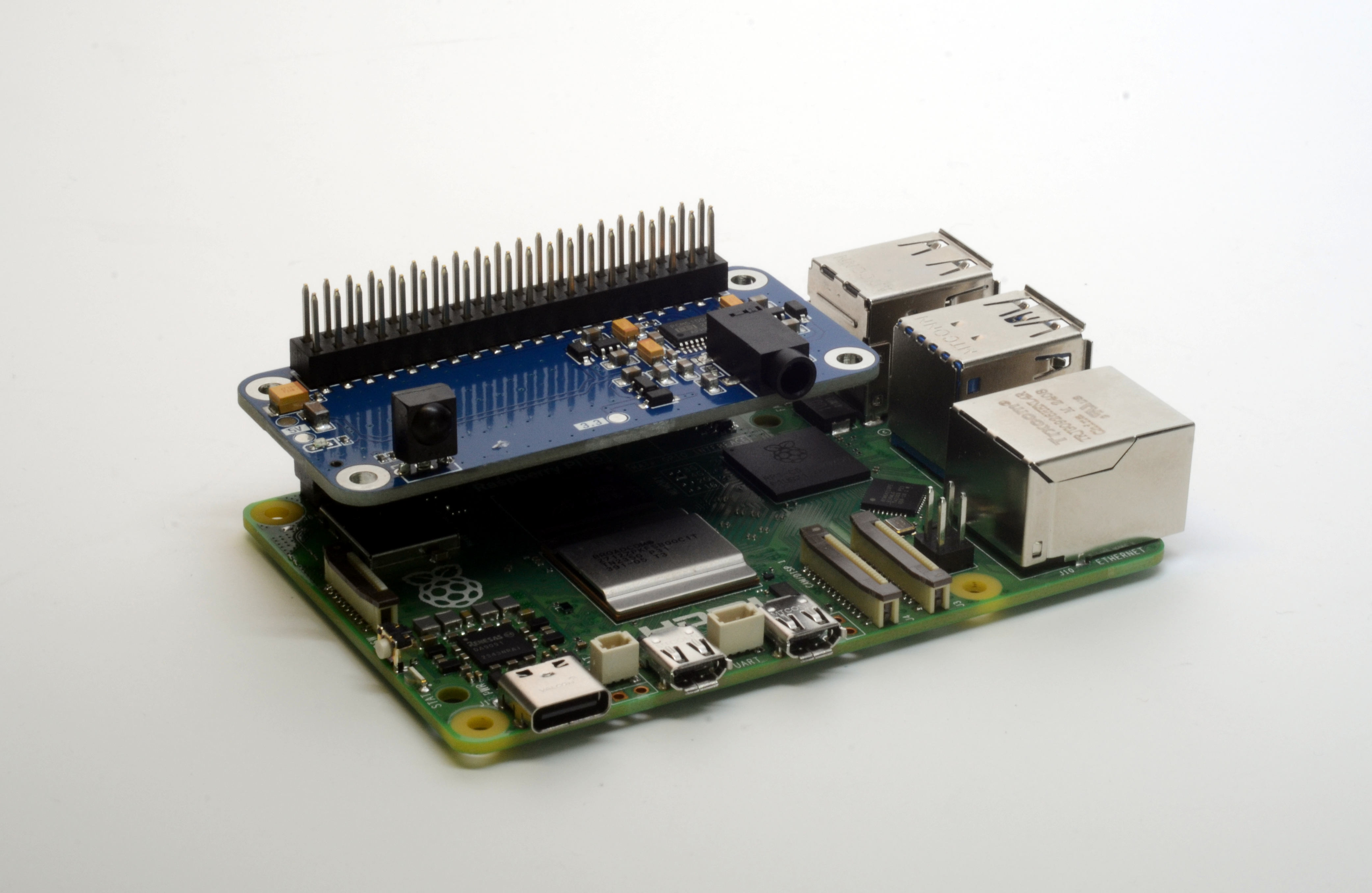
Why did I build it
I did a few audio projects in the past, some using ESP32, some using larger Orange Pi and Raspberry Pi devices. Each has its pros and cons, and with each iteration, I'm trying to focus on the details that were working best for me while actually using them.
What is special about the Raspberry ecosystem is, of course, its community support. Being a not-so-strong software developer, I often have to rely on the work that other people did and baked into the base Raspbian image. Attaching a DAC, Ethernet, and IR reader is as simple as adding 3 lines into config.txt file. All the device tree definitions, kernel drivers, and dependency packages are already in place, believe it or not.
Sure, compared to the ESP32 platform, it is not as lightweight. It requires more power, it takes some time to boot. But when it comes to rapid development, there is nothing like the Raspberry Pi.
Raspberry Pi HiFi
Raspberry Pi HiFi is a first-in-line product that uses the legendary PCM5100 series DAC with supreme audio quality. It exposes a 2.1V RMS level output that you can plug into a stereo amplifier. Spend as much as you need on the external amp to deliver the sound you like (personally, I prefer late '80s audio gear).
Key features
| HiFi Raspberry Pi Hat | Loud Raspberry Pi Hat | Louder Raspberry Pi Hat |
Amped Raspberry Pi Hat |
|
| Image |  |
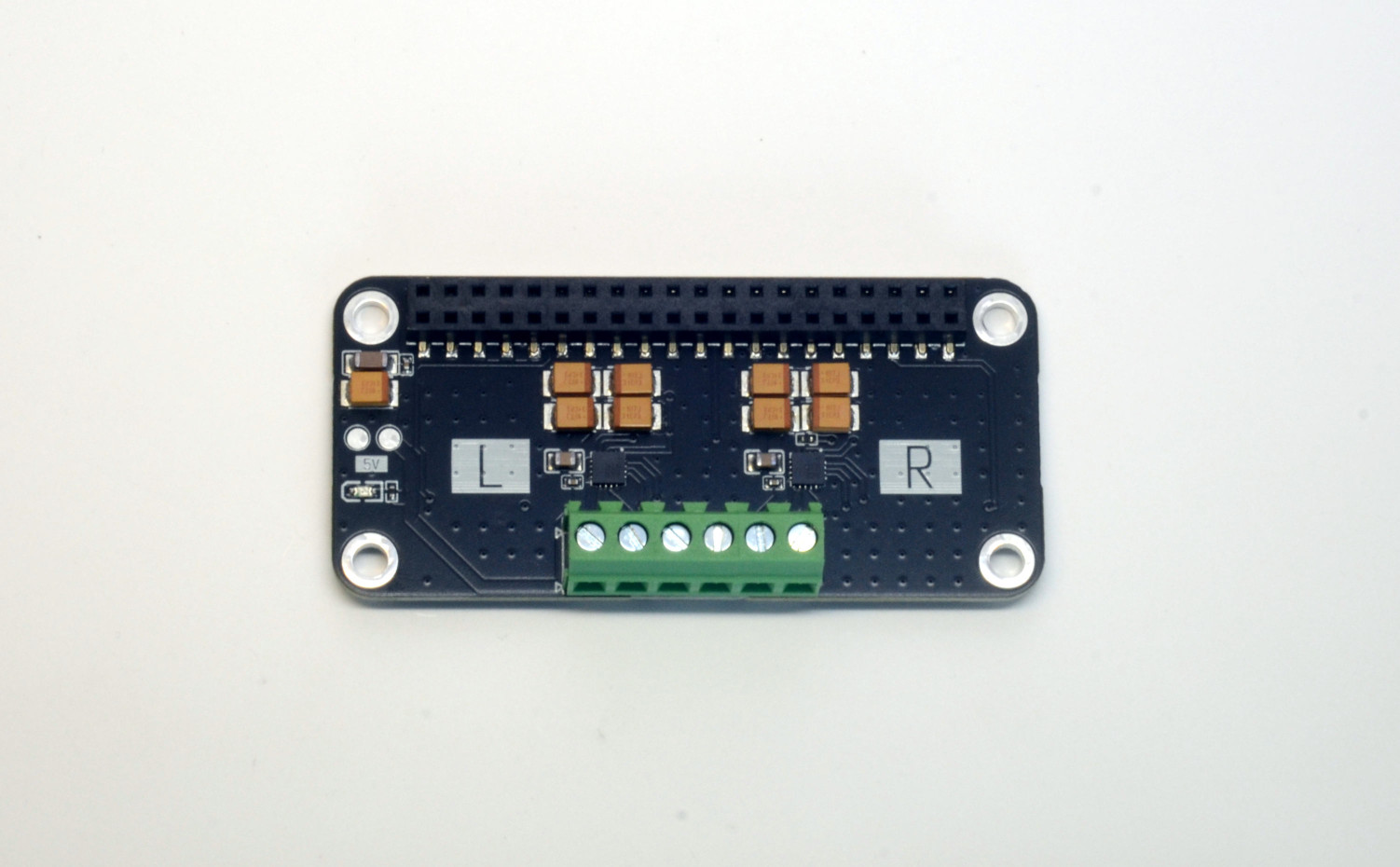 |
 |
 |
| Compatible Raspberry Pi | Every Pi | Every Pi | Every Pi | Every Pi |
| DAC | Single PCM5100A 32bit Stereo DAC | Dual I2S DAC MAX98357 with built in D-Class amp | Stereo I2S DAC TAS5805M with built in D-Class amp | SingleIR input PCM5100A 32bit Stereo DAC working with TPA3110D2 D-Class amp |
| Output | 2.1 VRMS Line level output -100 dB typical noise level | 2x 3W (8Ω); 2x 5W (4Ω) | 2x 22W (8Ω, 1% THD+N); 2x 32W (4Ω, 1% THD+N) at 20V 1x 45W (4Ω, 1% THD+N) at 20V | 2x 25W (8Ω, 1% THD+N) at 22V; 2x 22W (4Ω, 1% THD+N) at 16V 1x 40W (4Ω, 1% THD+N) at 20V |
| IR input | Yes | Yes | Yes | Yes |
| Powers from | 5V from the host Internally: LP5907 3.3 V Ultra-Low-Noise LDO | 5V from the host (up to 4A) or 5V from screw connector (powering host) | 7..28V from external source, powering host (up to 3A cont.) | 8..26V from external source, powering host (up to 3A cont.) |
| Mechanical dimensions (WxHxD), Hat | 65mm x 30mm x 15mm | 65mm x 30mm x 15mm | 65mm x 56mm x 20mm | 70mm x 61mm x 20mm |
Board Pinout
| I2S CLK | I2S DATA | I2S WS | IR INPUT | |
|---|---|---|---|---|
| Raspberry Pi | 18 | 21 | 19 | 17 |
How to use
You need nothing more than an SD card with a Raspbian image and a USB-C power brick. You can use any distribution you like. The only change you need to make to enable hardware is to add 3 lines to the /boot/config.txt
dtoverlay=gpio-ir,gpio_pin=17 dtoverlay=hifiberry-dac
Other software options
The project repository provides a few examples with build instructions, including Volumio setup instructions, among others.
Hardware
Please visit the hardware section of the project repo for board schematics and PCB designs. Note that PCBs are shared as multi-layer PDFs as well as Gerber archives.
IR reader
Please follow this guide to configure an IR reader

